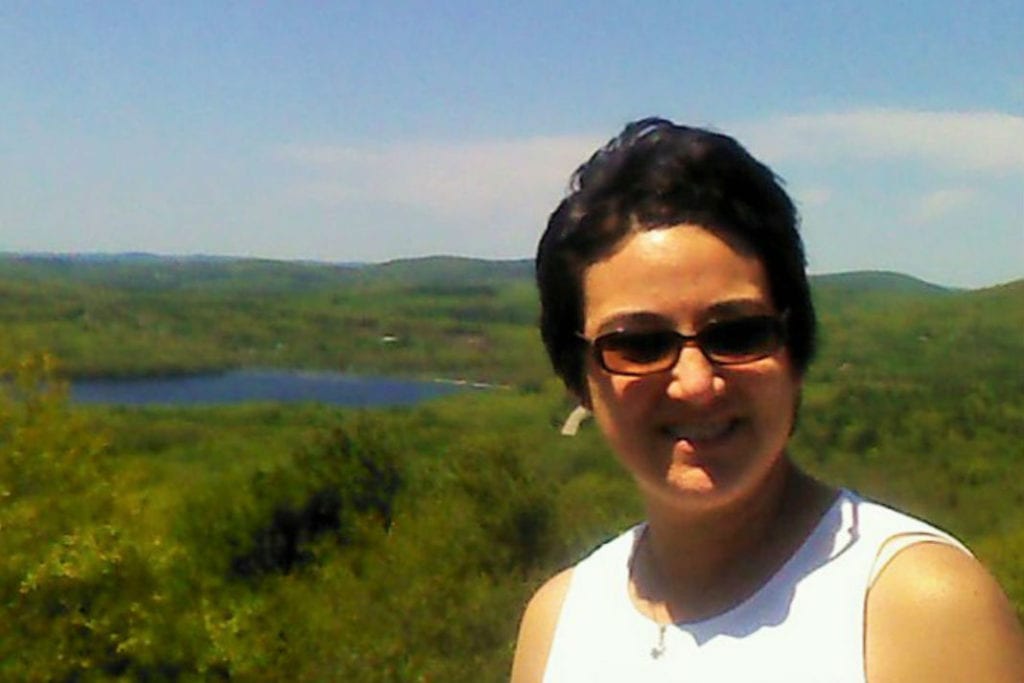If you’re reading this I need to ask you an urgent question.
Are you mixed race? Specifically, part Filipino and part European?
Yes, I know, it’s none of my damn business. But listen: There’s an ER Doctor living in Maine, a 43-year-old wife and mother of two, who desperately, DESPERATELY needs to find someone with a combined Filipino/European genetic background. Not because of what they look like on the outside, but because of what they can offer on the inside.

Dr. Tracy Jalbuena, who’s spent countless hours providing life-giving care and support to her patients, became a patient herself when she was diagnosed with primary amyloidosis in March 2012.
Amyloidosis is extremely rare—to the tune of about 3,000 new diagnoses a year—and causes cells in the bone marrow to produce excess quantities of abnormal proteins that clog up various organs.
The good news is that a combination of chemotherapy or radiation followed by a stem cell transplant gives patients a decent shot at holding amyloidosis at bay.
That seemed to be the case for Tracy, who underwent a stem cell transplant using her own frozen cells. But less than two years later pain in her spine sent her back to the doctor. The news was not good: Tracy had multiple tumors in her bones, and was diagnosed with multiple myeloma.
Like amyloidosis, multiple myeloma attacks the plasma cells in the bone marrow. And like amyloidosis, many multiple myeloma patients turn to stem cell and bone marrow transplants. But Tracy’s doctors ruled out using her own stem cells again, which meant she’d need to find donor cells.
Unfortunately, the very genetic diversity that makes Tracy so unique has also made the donor search incredibly complicated.
When no family members were a match, Tracy and her family turned to the broader donor base. But with so few donors sharing Tracy’s genetic background, finding a match has been difficult.
Tracy’s story featured on NBC’s Today show last year, but what Tracy and others in line for a transplant really need is more people signing on to the National Bone Marrow Registry.
Only when there are more names and more diversity available will Tracy and others facing similar challenges be able to begin the real work of not just fighting diseases like amyloidosis and multiple myeloma, but living alongside those diseases and dreaming about the future.





